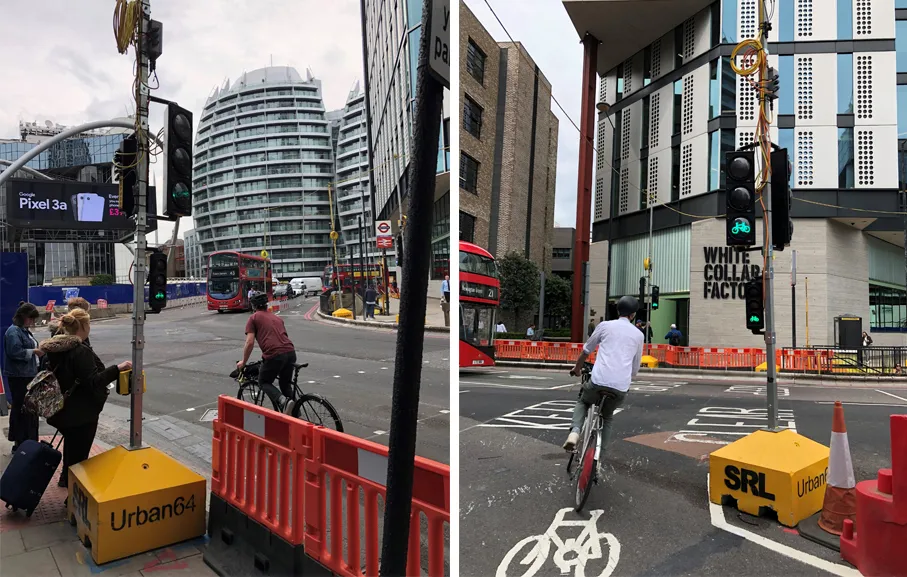A global event which aims to shift cars off the road and encourage people onto alternative transport modes takes place on Sunday.
World Car-Free Day 2019 gives metropolitan areas from Bangkok, Thailand to Reykjavik, Iceland, the opportunity to stop traffic and open their streets to pedestrians and cyclists. While some cities, including Vancouver, Canada and Berlin, Germany, hold car-free days at other times of the year, the weekend will see a number of events.
In Washington, DC, it is hosted by Commuter Connections and will be celebrated over three days, with people encouraged to “take the pledge, even if you’re already car free”.
Paris is also celebrating on Sunday, but the French capital’s first four arrondissements are already closed to automobile traffic one Sunday per month.
In the UK, large areas of central London will be closed, with
However, a new white paper - Kicking the UK’s car habit - reveals that 44% of the British population claim ‘nothing’ would induce them to give up their private car. Commissioned by
World cities drive change on Car-Free Day
A global event which aims to shift cars off the road and encourage people onto alternative transport modes takes place on Sunday.
World Car-Free Day 2019 gives metropolitan areas from Bangkok, Thailand to Reykjavik, Iceland, the opportunity to stop traffic and open their streets to pedestrians and cyclists. While some cities, including Vancouver, Canada and Berlin, Germany, hold car-free days at other times of the year, the weekend will see a number of events.
In Washington, DC, it is hosted by Commut
September 20, 2019
Read time: 2 mins







